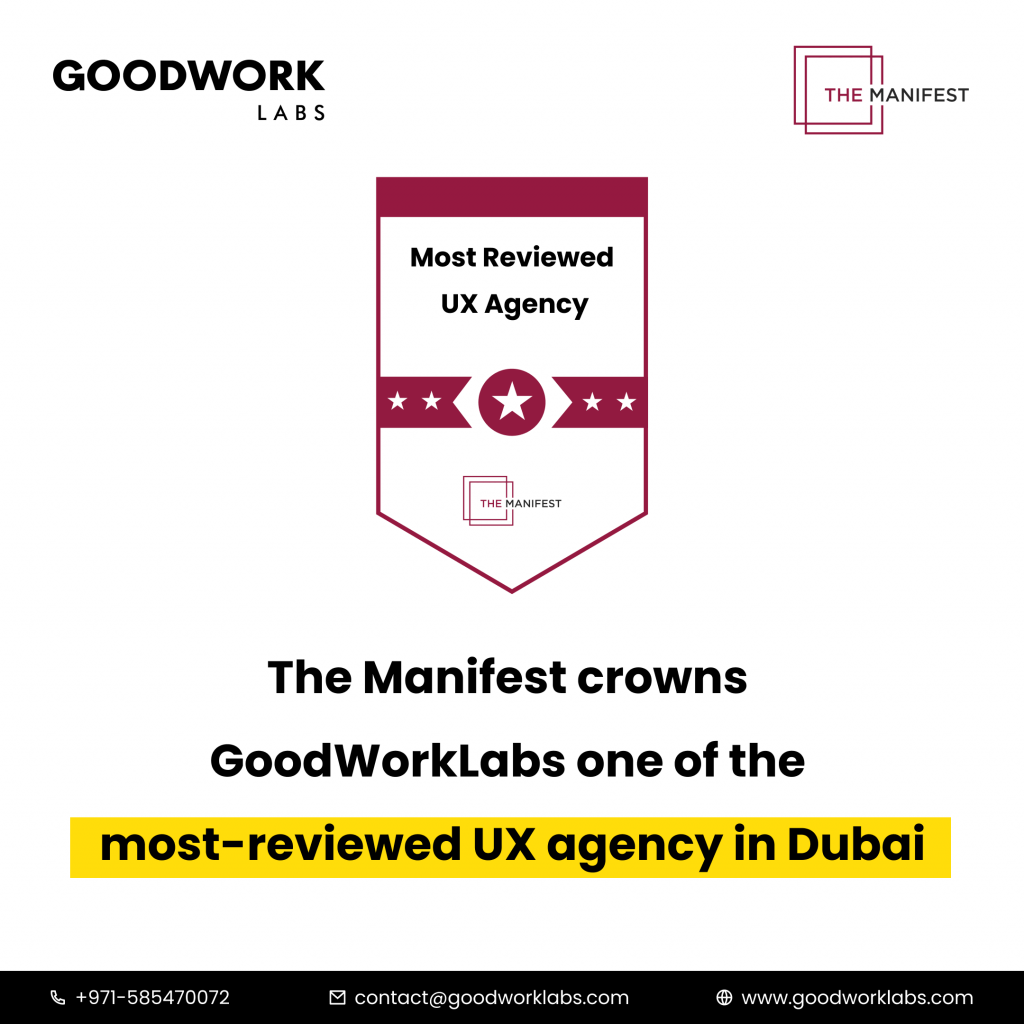How Small Businesses Can Leverage Generative AI
Businesses face a constant struggle, to capture the attention of the ever-growing audience and maintain it long enough to make a lasting impact. With more and more digital media getting produced every second screaming for attention, creating high-quality, engaging content to attract and retain customers is an enormous task.
But what if there was a way to overcome these limitations and unlock a new era of creative possibilities? Enter Generative AI (GenAI), a revolutionary technology that empowers businesses of all sizes to transform their content creation process.
GenAI: Your Creative Powerhouse
GenAI refers to a type of artificial intelligence with the remarkable ability to generate entirely new creative content formats, including text, images, music, and more. Imagine generating captivating blog post ideas and outlines, crafting engaging social media captions tailored to different platforms, or even sparking unique design concepts – all with the help of GenAI. By leveraging GenAI, small businesses can.
- Boost Productivity: Automate repetitive tasks and generate content drafts, freeing up valuable time and resources for strategic initiatives.
- Explore New Creative Avenues: Break through creative roadblocks and explore diverse design options inspired by AI-powered tools.
- Personalize Customer Experiences: Tailor content and marketing messages to individual customers, fostering stronger relationships and boosting conversions.
- Content Marketing & Social Media: Generate blog post outlines, introductions, and engaging social media captions that resonate with your target audience. GoodWorkLabs GenAI specialists can help you integrate the most suitable tools and create a personalized content strategy that leverages AI to its fullest potential.
- Design & Development: Generate creative design concepts, automate repetitive tasks like image resizing and background removal, and refine existing designs with AI-powered suggestions. GoodWorkLabs team of AI and design experts can guide you through the entire process, ensuring a seamless integration of GenAI tools into your existing workflow, even without a dedicated design team.
- Personalized Customer Experiences: Craft personalized email marketing content and targeted advertising campaigns based on customer purchase history and behavior. Additionally, personalize website content for individual visitors, creating a more engaging customer journey. GoodWorkLabs’ AI specialists can help you implement GenAI tools for customer segmentation and targeted outreach, ultimately leading to increased customer satisfaction and loyalty.
- Streamlining Internal Workflows: Automate data entry and content classification with AI-powered tools. Generate data summaries and reports, saving time and resources. Identify patterns and trends in data for improved business decision-making. GoodWorkLabs can assist you in identifying the most suitable GenAI tools for data management and analysis, enabling you to gain valuable insights and optimize your internal operations.
GoodWorkLabs: Your Trusted Partner in the GenAI Revolution
While the potential of GenAI is undeniable, implementing it effectively requires a well-defined strategy and expert guidance. Small businesses might face challenges such as limited technical expertise or navigating the vast landscape of GenAI tools. Here’s where GoodWorkLabs steps in as your trusted partner:
- GenAI Strategy Development: Our team of AI specialists works collaboratively with you to develop a tailored GenAI strategy that aligns with your specific business goals and resource constraints.
- Custom AI Tool Integration: GoodWorkLabs possesses the expertise to select and seamlessly integrate the most suitable GenAI tools into your existing workflows, ensuring a smooth and efficient implementation process.
- Expert Training and Support: We understand the importance of empowering your team to leverage GenAI effectively. GoodWorkLabs offers comprehensive training programs tailored to the chosen GenAI tools and your team’s skill sets.
Ready to Unleash the Power of GenAI in Your Small Business?
Don’t let limited resources hold you back. Embrace the future of content creation with GoodWorkLabs as your trusted partner in the GenAI revolution. We understand the unique challenges faced by small businesses, and our team of AI specialists is dedicated to helping you leverage GenAI to its full potential.
Here’s how GoodWorkLabs can empower your small business with GenAI:
- Free Consultation: Schedule a free consultation with our AI experts to discuss your specific business goals and content creation needs. We’ll work with you to identify areas where GenAI can deliver the most significant impact, tailoring a personalized GenAI strategy that fits your budget and resources.
- Custom AI Tool Selection & Integration: Our team possesses in-depth knowledge of the GenAI landscape. We’ll carefully select the most suitable AI tools based on your specific needs and seamlessly integrate them into your existing workflows, ensuring a smooth and efficient transition.
- Comprehensive Training & Ongoing Support: We believe in empowering your team to leverage GenAI effectively. GoodWorkLabs offers comprehensive training programs that go beyond basic functionalities. Our training sessions are designed to cater to your team’s skill sets and ensure they feel confident in utilizing GenAI to unlock its full creative potential. Additionally, you’ll benefit from ongoing support from our AI specialists to ensure you continue to maximize the value of GenAI as your business grows.
Take the First Step Towards GenAI-Powered Growth
Don’t wait any longer to unlock the transformative potential of GenAI for your small business. Contact GoodWorkLabs today! We’ll guide you through every step of the process, from initial consultation to successful GenAI implementation. Let’s work together to help your small business thrive in the competitive digital landscape. Visit our website or call us to schedule your free consultation and embark on your exciting GenAI journey with GoodWorkLabs.















